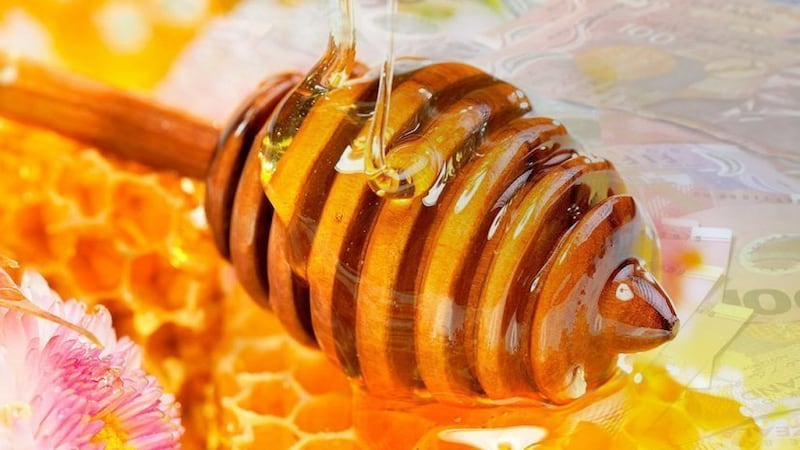Claims honey producers in Aotearoa are ditching their efforts to prevent Australians from marketing honey as Manuka in the UK and Europe are false, according to the group’s representatives.
Yesterday Australian producers said industry body the New Zealand Manuka Honey Appellation Society had dropped its court battle for an injunction to stop the Australian producers using the term.
"This victory provides our industry with a noble precedent against some in New Zealand who are attempting to monopolise the term Manuka honey for their own commercial gain," Australian Manuka Honey Association president Paul Callander told the state broadcaster ABC.
In a statement today, the New Zealand lobby rejected Callander’s claim, saying the move to drop an appeal after the EU and UK courts found against them, was a procedural move.
"We have withdrawn the initial case but we are refiling and the New Zealand honey industry remains confident it can trademark the term mānuka, honey," UMF Honey Association chairperson, John Rawcliffe, who is supporting the claim said.
The New Zealand claim is based on the fact that mānuka is a Māori word and a taonga, and as with the word champagne, which can only be used to describe sparkling wine produced in the Champagne region of France, honey produced by New Zealand tea tree plants should be the only honey marketed as mānuka.
Different product
Australian producers claimed that, by dumping the macron from the word mānuka, it meant they were not desecrating the taonga, and produced evidence they claim shows the word manuka had been used to describe Australian honey since the 1930s.
The New Zealand group has produced new evidence that suggests honey from Aotearoa has better antibacterial properties and as such, is a different product both chemically, and holistically from Australian tea tree honey.
The filings have been amended to include the new research.
"We were able to stand back and understand a little bit more about the process about the legal nuances and we've been able to take all those on board and refile," Rawcliffe says.
Rawcliffe says the trust has the financial means to continue the trademark fight for another five years.
The cases have been filed with the EU and UK intellectual property offices.


